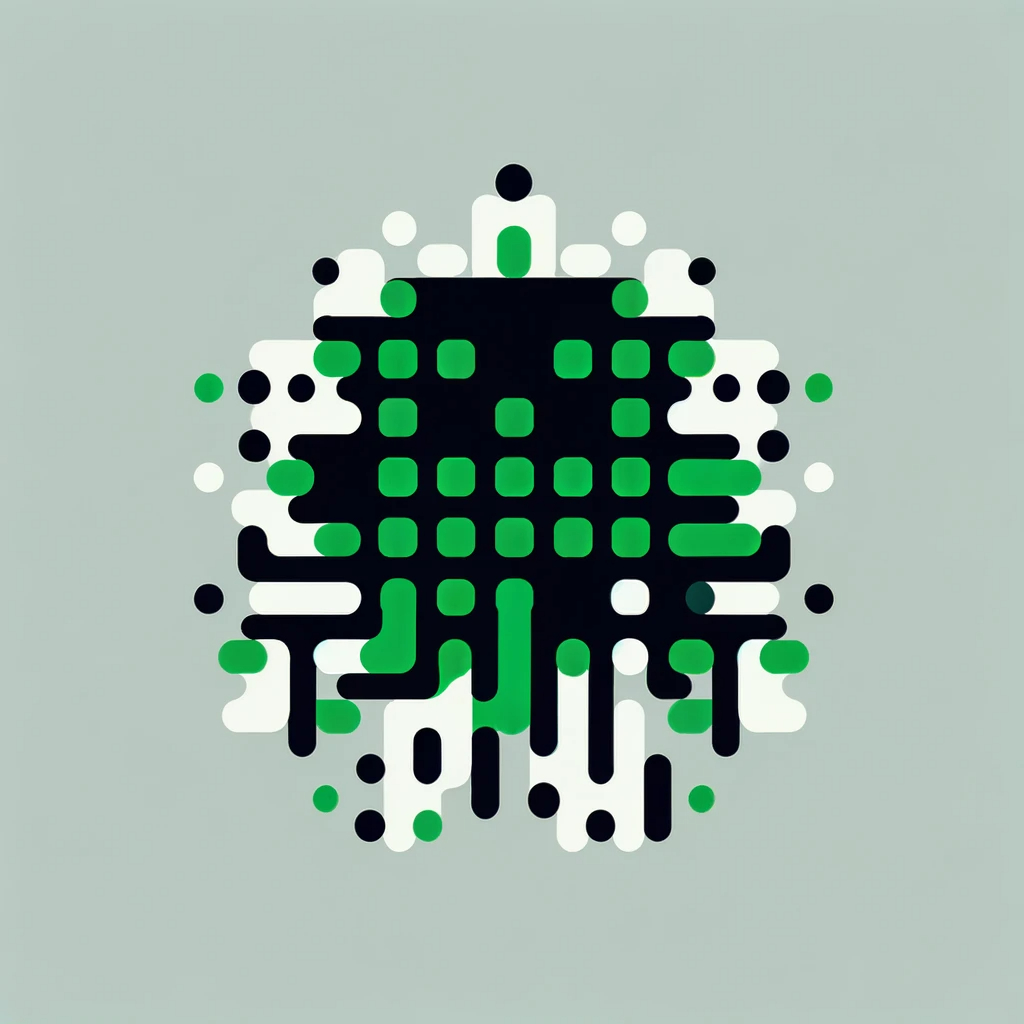106 reads
A Practical Approach to Novel Class Discovery in Tabular Data: Full training procedure
by
May 26th, 2024
Audio Presented by

Dataology is the study of data. We publish the highest quality university papers & blog posts about the essence of data.
Story's Credibility

About Author
Dataology is the study of data. We publish the highest quality university papers & blog posts about the essence of data.
